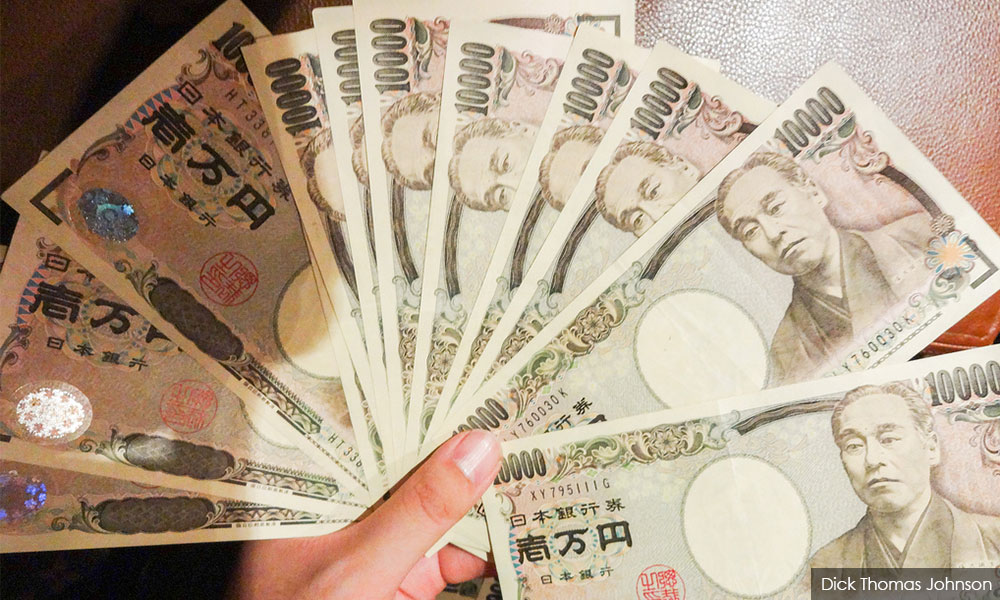The ringgit continued to slip against the US dollar, breaching the all-time low that was recorded during the Asian Financial Crisis (AFC) period in 1998.
This was due to the continuous local and global economic headwinds, analysts said.
As of 6pm, the ringgit was traded at 4.7270/7290, which was lower than the 4.7250 level recorded on Jan 7, 1998. At Wednesday’s closing, the local note was traded at 4.7180/7220.
SPI Asset Management managing director Stephen Innes said the ringgit extended its downward momentum, as the US bond yields soared on the US Federal Reserve’s (Fed) hawkish sentiment.
He also said despite the headline that Chinese officials are debating cutting inbound Covid-19 quarantine, there has been little respite for the beleaguered ringgit versus the US dollar.
“Markets are also cautious about China President Xi Jinping’s common-prosperity drive, as the 20th CPC Congress raised a new term ‘to regulate the mechanism of wealth accumulation’.
“But right now, the hawkish Fed is the biggest game in town for foreign exchange (FX) markets, and provided the Federal Open Market Committee (FOMC) has a change of heart, then things could change for the better for the ringgit,” he told Bernama.
Weaker yen
Besides, Innes said it is not only the ringgit that has weakened. The Japanese yen, one of the strongest currencies in the world, breached the 150 line and hit a 32-year low against the US dollar on Thursday.
He said the weaker yen has been a bit of a bellwether for Asia FX, stemming from a competitive trade advantage in the sense that Japan and China are huge competitors in the export market, and a weaker currency is perceived as more advantageous for stimulating external trade.
“The weaker yen is now also creating a massive trade deficit. August’s Japan trade deficit of 2.8 trillion yen was the widest going back to 1993.
“The continued yen weakness is the biggest headwind to Japan’s trade balance, with trade data showing the yen to be 27 percent weaker than it was a year earlier.
“The persistent trade deficit may dampen Japan’s economic recovery, as rising import costs could slow domestic consumption. I think we are nearing the end of the road for the yen weakness, as the Bank of Japan may need to pull away from its ultra-dovish policy,” Innes added.

Meanwhile, the ringgit was higher against a basket of major currencies.
It improved versus the Japanese yen to 3.1547/1565 from 3.1611/1642 on Wednesday’s closing, and edged up against the Singapore dollar to 3.3172/3188 from 3.3176/3207 previously.
The local currency also rose against the euro to 4.6244/6264 from 4.6326/6365 on Wednesday’s closing, and gained vis-a-vis the British pound to 5.2971/29935 from 5.3233/3278 previously.
- Bernama



No comments:
Post a Comment
Note: Only a member of this blog may post a comment.